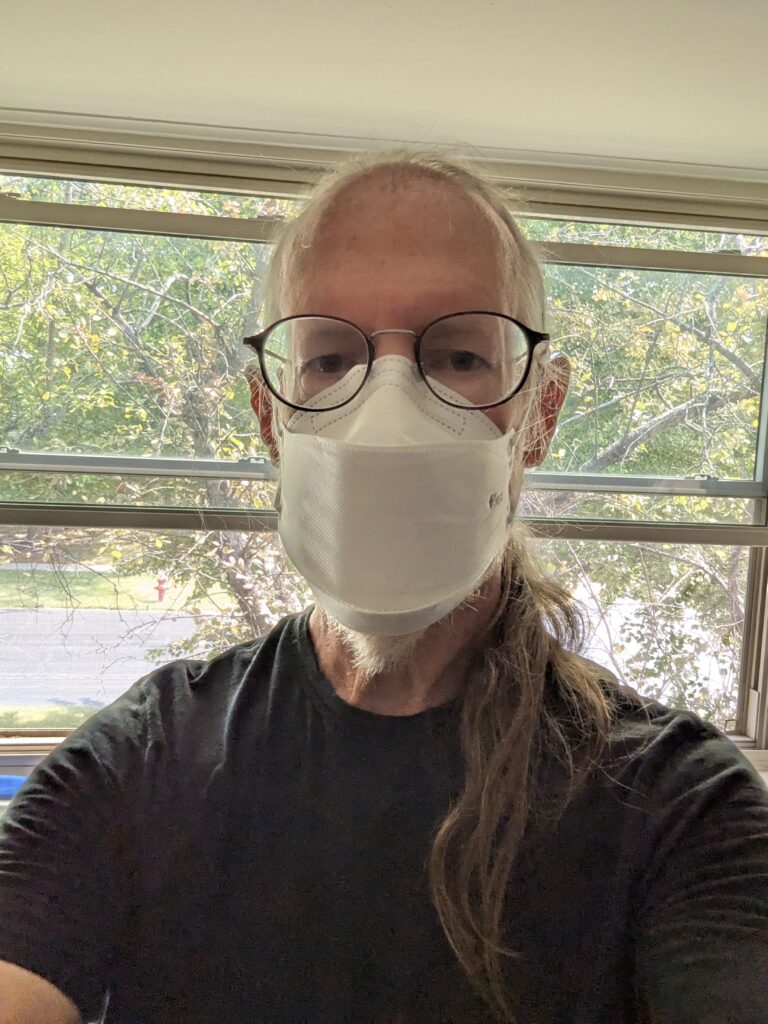For years I took drugs for high blood pressure, and for almost as long for allergy symptoms. This post is just to mention that going low-carb has gotten me off all of them.
I got off the allergy meds first. I got on them gradually. For years I said I didn’t have allergies. Then for years after that I said, “Well, for a couple of weeks in the spring and a couple of weeks in the fall, I get a little snuffly.” Then I started being snuffly all spring and all fall. At some point I started taking antihistamines (Claritin seemed to provide the most symptom relief with the least amount of drowsiness), and then at some point I started taking Nasacort as well, to manage congestion that otherwise made it impossible to breathe through my nose.
I initially went low-carb specifically to get off the allergy meds. Without the Nasacort I often had to breathe through my mouth—unpleasant, but also a genuine safety hazard while eating.
It worked, and it worked very quickly—in about three days I was off the allergy meds.
Getting off the blood pressure meds (lisinopril) took a while longer, although I saw improvement almost as quickly. Just a few weeks after going low-carb, prompted by some postural hypotension, I cut the dose I was taking first by half, and then by half again.
I remained on that one-quarter dose for about a year. But two months ago the postural hypotension returned. So, in consultation with my doctor, went ahead and stopped taking the bp meds altogether.
I’m especially glad to be off the Nasacort, which although supposedly a topical steroid is known to have systemic effects in at least some people. Claritin is probably not associated with Alzheimer’s (because it is non-drowsy), but people haven’t been taking it long enough to be sure. I’m sure glad I took the lisinopril—I don’t want to think about the shape my heart and kidneys would be in now if I’d had uncontrolled high blood pressure for the past 25 years—but I’m glad to be off it now.
I no longer have to deal with the common side effects (or worry about the rare side effects). I no longer need to make the monthly trip to the pharmacy. It’s going to make things like traveling easier—not to have to carefully pack up the necessary doses for each day of travel, not to have to worry about getting separated from my meds.
It’s a really nice feeling.





